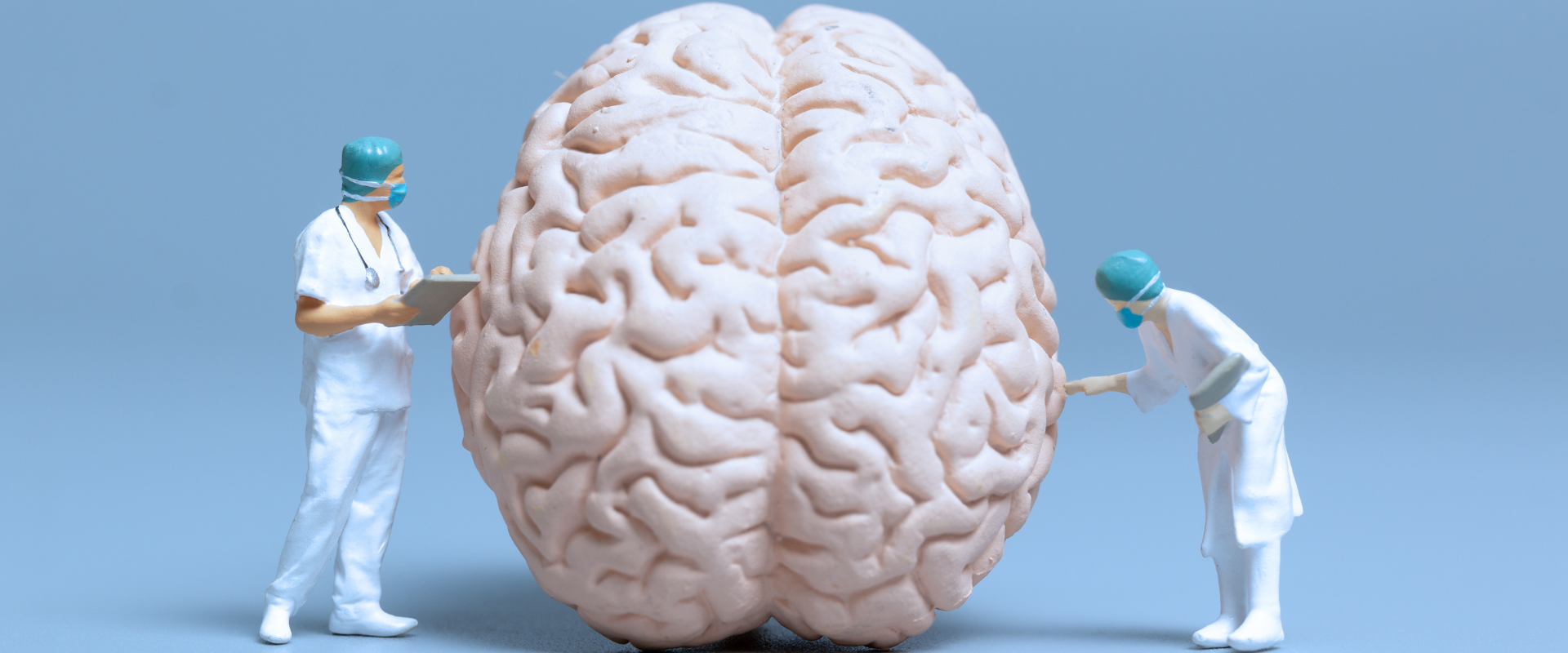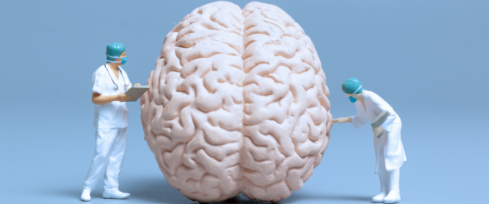Traumatic Brain Injuries: A Common Outcome:
A traumatic brain injury, commonly known as head injuries, are a frequent outcome in accidents involving children and teenagers. These injuries are the leading cause of permanent brain damage and death in this age group.
What Parents Need to Know:
Not Every Head Injury Leads to a Concussion:
- Parents often underestimate minor head injuries, especially in active children involved in sports. It’s essential to recognize that not every head injury results in a concussion; some may be more severe. Understanding the various types, including severe, moderate, and mild head injuries, is crucial.
Certain Age Ranges Are More Vulnerable:
- While all children face the risk of TBIs, the CDC highlights two significant age groups with higher susceptibility—children aged 0 to 4 and 15 to 19. Toddlers are still mastering physical activities, and teenagers engage in activities that increase the risk of accidents.
Symptoms Are Not Always Obvious:
- Identifying TBI symptoms can be challenging, especially in younger children who may struggle to communicate discomfort or pain. Symptoms vary from physical signs like headaches and vomiting to cognitive and emotional changes such as confusion, irritability, and mood swings.
Always Diagnose Any Form of Head Injury:
- Regardless of how insignificant a head injury may seem, seeking a medical evaluation is crucial. Diagnostic tests, such as X-rays, CT scans, and MRIs, can detect potential damage that may not be immediately apparent.
Treatment and Recovery:
- Advances in technology and neurological science have made treating TBIs more accessible. Treatment options range from surgery in severe cases to rest, observation, and pain management for milder injuries. Recovery varies in duration and may involve addressing issues like loss of muscles, incoherent speech, and concentration challenges.
Conclusion:
Being informed about traumatic brain injuries empowers parents to prioritize their child’s safety. As we transition into autumn, a season of change, let us carry this awareness forward. Recognising the signs, seeking prompt medical attention, and supporting our children through recovery are essential steps in ensuring their well-being.
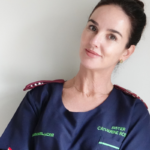
From witnessing a lot of trauma in my work to empowering parents
I want to take you on a journey that led me to become a full-time CPR and first aid instructor and proud business owner of Survival CPR. This story is about passion, empowerment, and making a real difference in the lives of people like you. A Trauma-Fueled Calling: Having spent

The Role of the Microbiome in Children
As we bask in the warmth of spring and witness the beauty of nature’s renewal, let’s delve into a topic just as fascinating and vital for our little ones’ well-being – the microbiome. This month, we explore the incredible world of microorganisms that inhabit our children’s bodies and the profound

World Breastfeeding Week
World Breastfeeding Week: Celebrating the Benefits for South African Families As we embrace the month of August, we joyfully celebrate the significance of family and the well-being of our precious little ones. In this blog post, we highlight the importance of World Breastfeeding Week, a cherished event that takes place

Winter Safety Guide
Winter’s arrival brings with it a desire to snuggle up and stay warm in the comfort of our homes. Fireplaces, gas and electrical blankets, heaters, and hot water bottles become our trusted companions during these chilly months. However, it’s crucial to prioritize safety to prevent potential accidents or hazards. In

Sudden Infant Death Syndrome (SIDS)
Sudden Infant Death Syndrome, or SIDS, is a heartbreaking tragedy that affects thousands of families each year. As a parent, the thought of losing your child to SIDS can be overwhelming and scary. But there are steps you can take to reduce the risk of SIDS and be prepared for
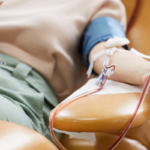
World Blood Donor Day 2023: “Give blood and keep the World beating”
Did you know that blood donation is one of the most selfless and impactful things you can do for your community? It’s true! And in South Africa, the need for blood donors is always high. That’s why today, I want to share with you some of the many reasons why
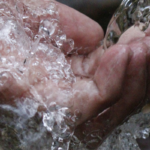
First Aid for Burns – a must read for every parent
Sister Catherine Rodwell sheds light on the right way to handle burns, be it in children or adults. It’s crucial to be aware of the proper procedure to not worsen the burn’s impact. From 6-12 May, National Burns Awareness Week is being observed. In continuation of our conversation with “Mommy

A mother recounts her traumatic experience
We are very grateful for this mommy who wanted to share her traumatic story with us, so that other parents can learn how quickly accidents can happen. Please note that photo’s can be triggering. We are very grateful for this mommy who wanted to share her traumatic story with us,

The Leading Cause of Accidental Poisoning
As parents or caregivers, keeping children safe is our top priority. However, despite our best efforts, accidents can happen. One of the most common accidents that can be prevented is unintentional poisoning from medication. It’s important to understand that medicines are not sweets and should be treated with care. In

